As the devastating impacts of COVID-19 continue to unfold, nonprofits around the world are finding innovative ways to cope.
From inventing foot-operated handwashing stations to creating social distancing markers from circus props, these innovative solutions to fight COVID-19 highlight the power of local nonprofits to support their communities in times of crisis.
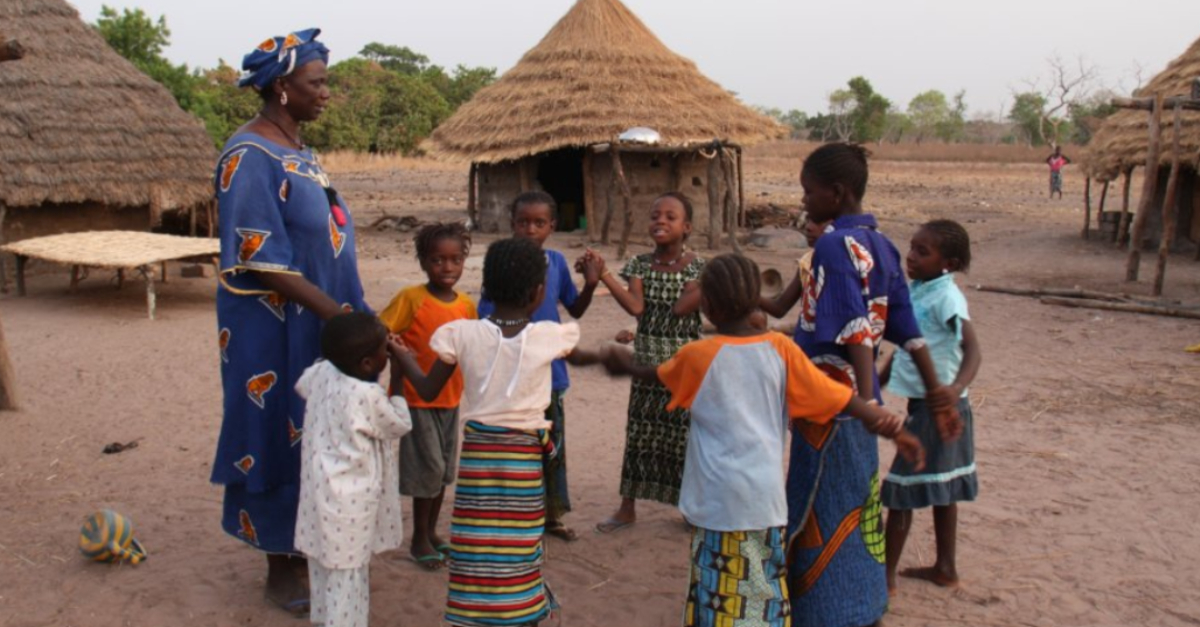
In this rural area of southern Senegal, widespread school closures halted learning for students without access to remote classes or textbooks. Rather than let the children in their community fall behind, these grandmas joined forces with local teachers to organize an innovative summer learning program through The Grandmother Project. The grandmas guided students with traditional teaching methods, such as stories, games, and songs. Meanwhile, the teachers offered reading and writing topics related to the elders’ knowledge, along with French and math lessons. Learn more.
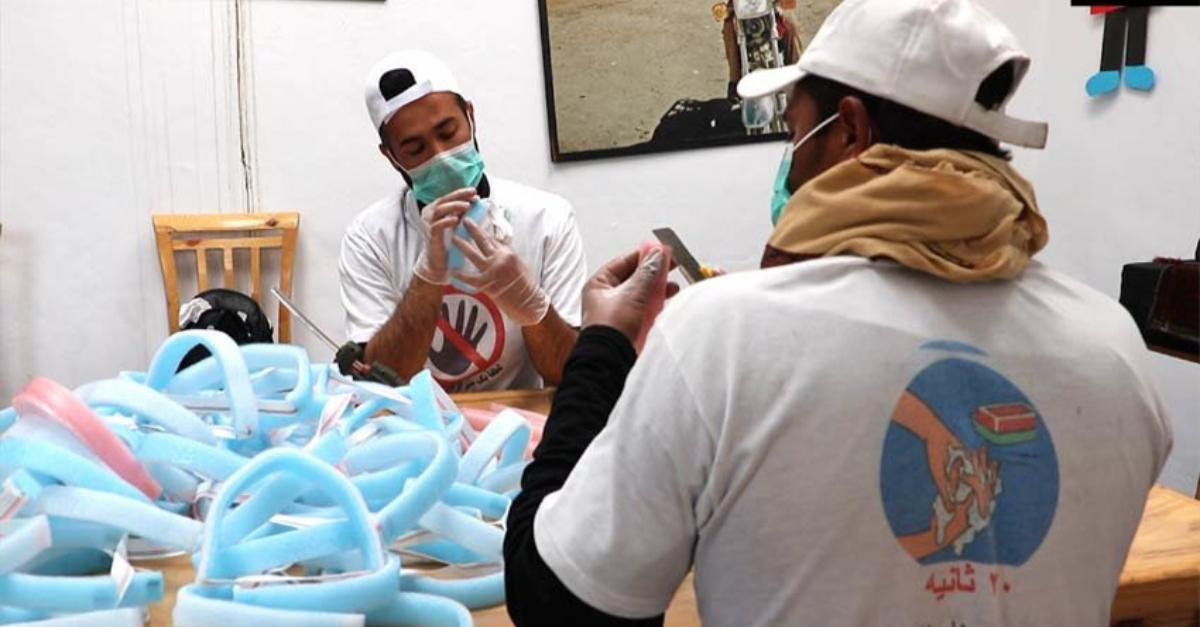
In what seemed like the blink of an eye, Mobile Mini Circus for Children transformed from a circus program for Afghani kids into a full-fledged COVID-19 response. By producing face shields, painting social distancing markers with old circus props, and hosting a “social circus” to educate people about the coronavirus, this nonprofit is putting creative minds together to keep their community safe. Learn more.
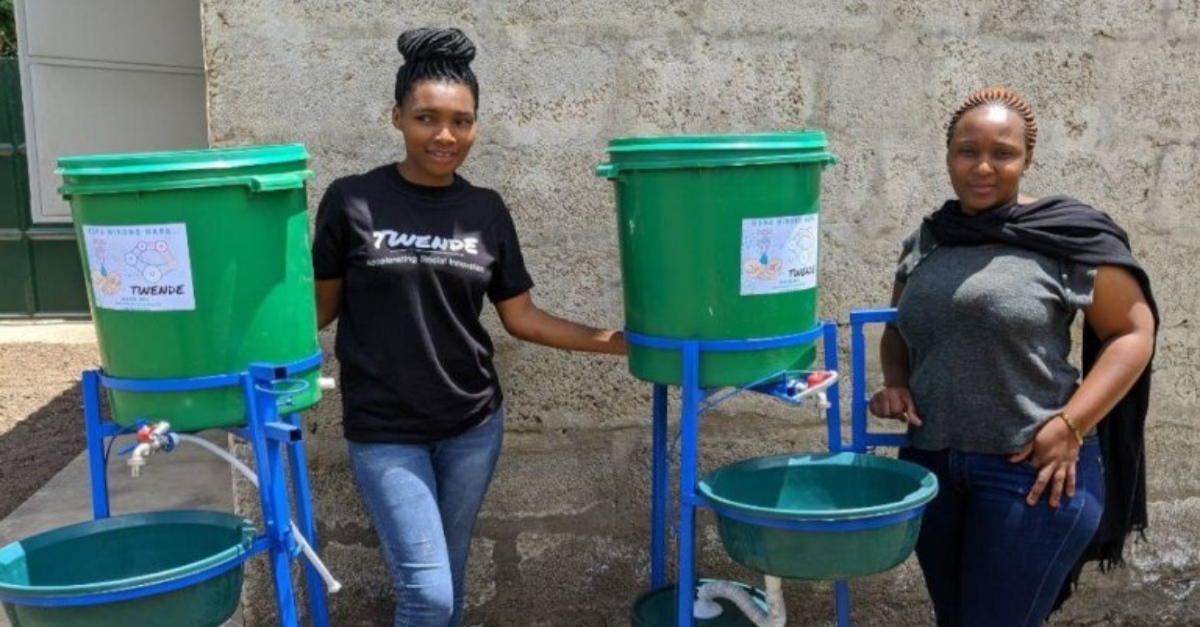
Have you ever wondered whether you touch germs on the faucet after washing your hands? This Tanzanian nonprofit found a way to prevent that. Twende has created 130 foot-operated handwashing stations for public places that had to remain open during the pandemic, including orphanages, hospitals, and markets. They hope this locally made device will keep hands clean and help curb the spread of COVID-19 in their community. Learn more.
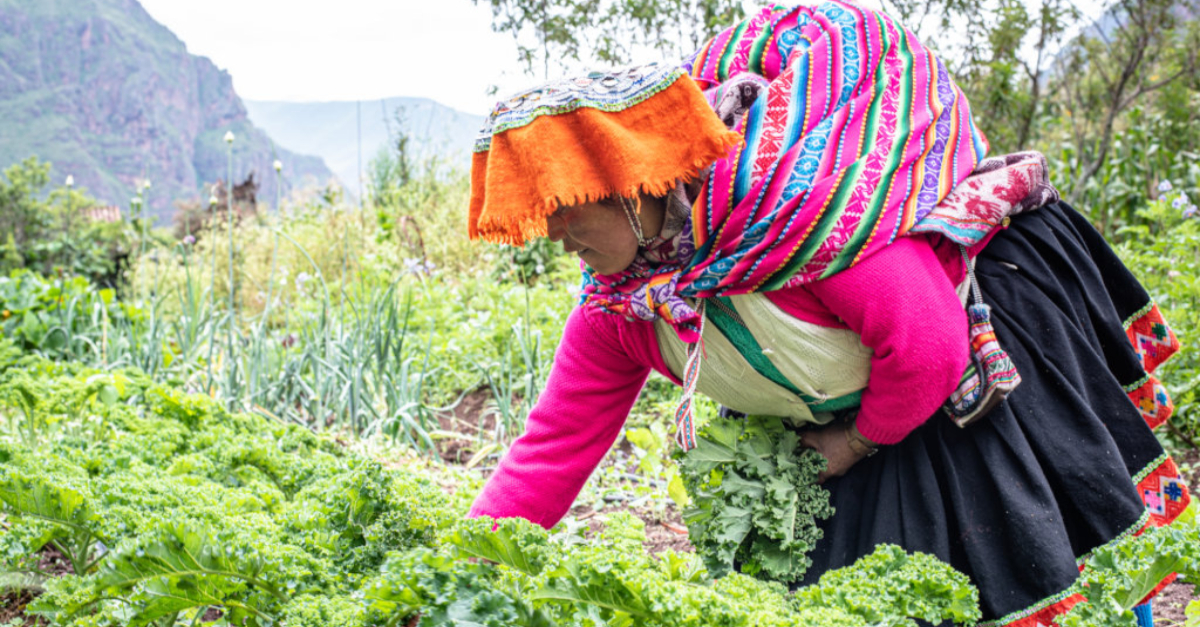
What happens when COVID-19 lockdowns prevent communities living in the mountains from traveling to larger cities to purchase seeds? Land goes uncultivated, and people go unfed. To make matters worse, the hybrid seeds sold in city markets often fail to produce abundant harvests or new seedlings. To break this cycle, the Andean Alliance for Sustainable Development is putting seeds back into the hands of farmers through a seed distribution system. The nonprofit will work with communities to provide locally sourced, organic seeds directly to indigenous farmers. Learn more.
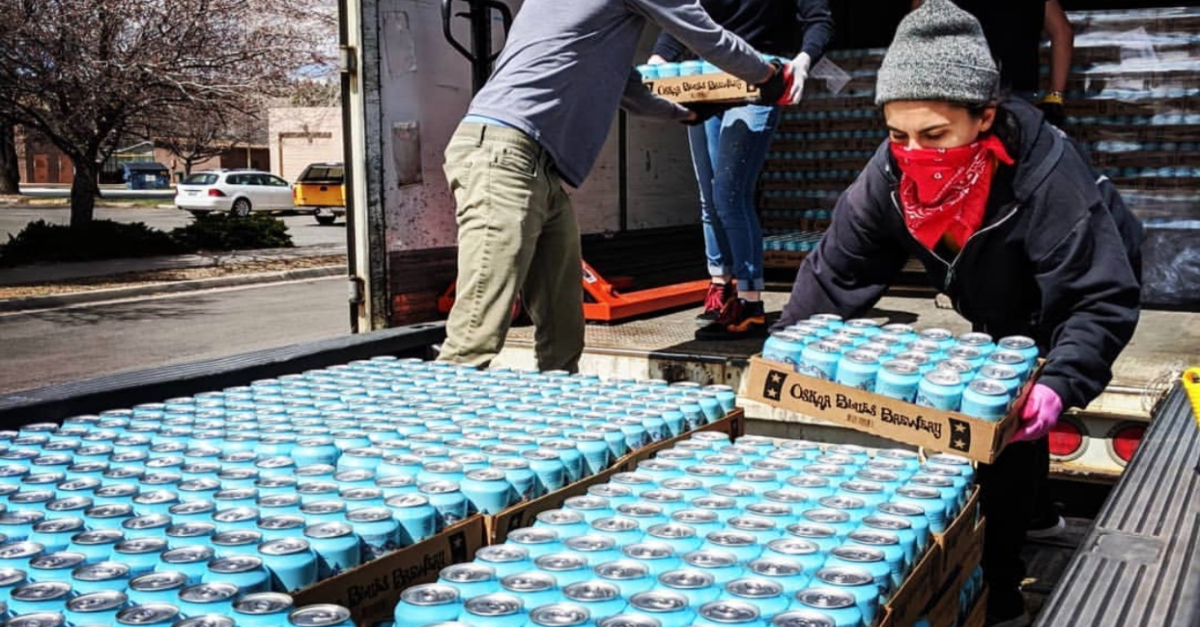
Before the pandemic hit, the Navajo Nation was already fighting a chronic housing and water shortage. At least 15% of Navajo Nation homes do not have access to running water, which makes COVID-19 hygiene practices nearly impossible for a significant portion of the population. The pandemic worsened these conditions and made necessities like drinking water, milk, and eggs scarce. Thankfully, Can’d Aid has provided more than 228,000 cans of drinking water to communities across the Navajo Nation since the onset of the pandemic. One truckload can provide 1,000 households with clean drinking water for two weeks. Learn more.
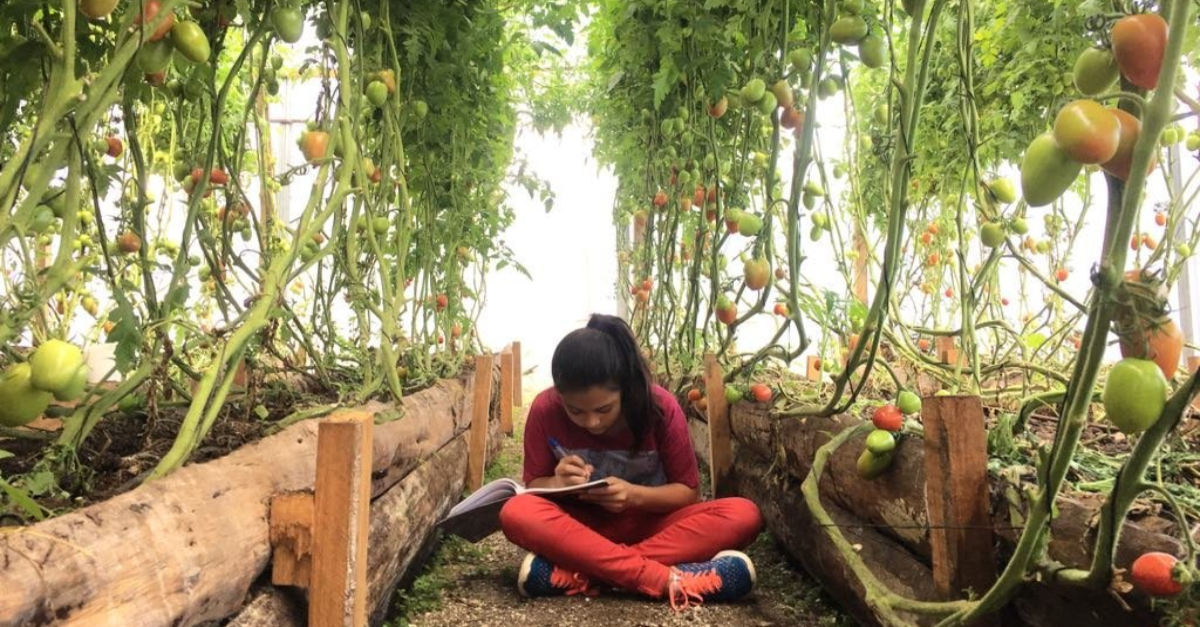
The global disruption of education hit rural areas like northern Morazan, El Salvador hardest due to existing challenges affecting internet connectivity and access to healthy foods. That’s why the Perkin Educational Opportunities Foundation is teaching students remotely and addressing their nutritional needs. The organization helped feed 120 students and their families during the crisis by cultivating family gardens and providing healthy recipes. Once the gardens were growing, students created ecological solutions to protect the crops and conducted at-home experiments based on real-world issues, such as decontaminating water supplies. The nonprofit hopes its COVID-tailored education model will serve as a revolutionary prototype for rural schools long after the pandemic. Learn more.
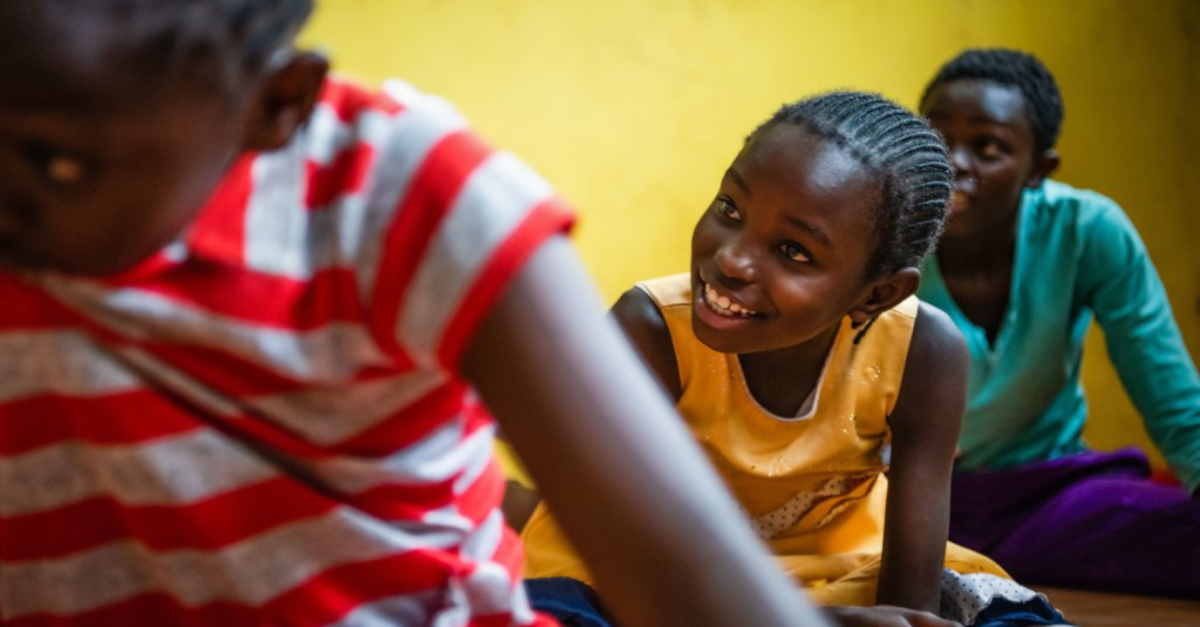
After spending months away from their friends, the ChezaCheza Mission Foundation welcomed its students back to the studio for some much-needed, socially distanced dance lessons. At the beginning of each class, the instructor asks the students to check in with themselves emotionally. Then the instructor encourages them to express their emotions to the beat of the music. Every class ends with a reflection, a warm meal, and a food package to bring home to their family. Learn more.
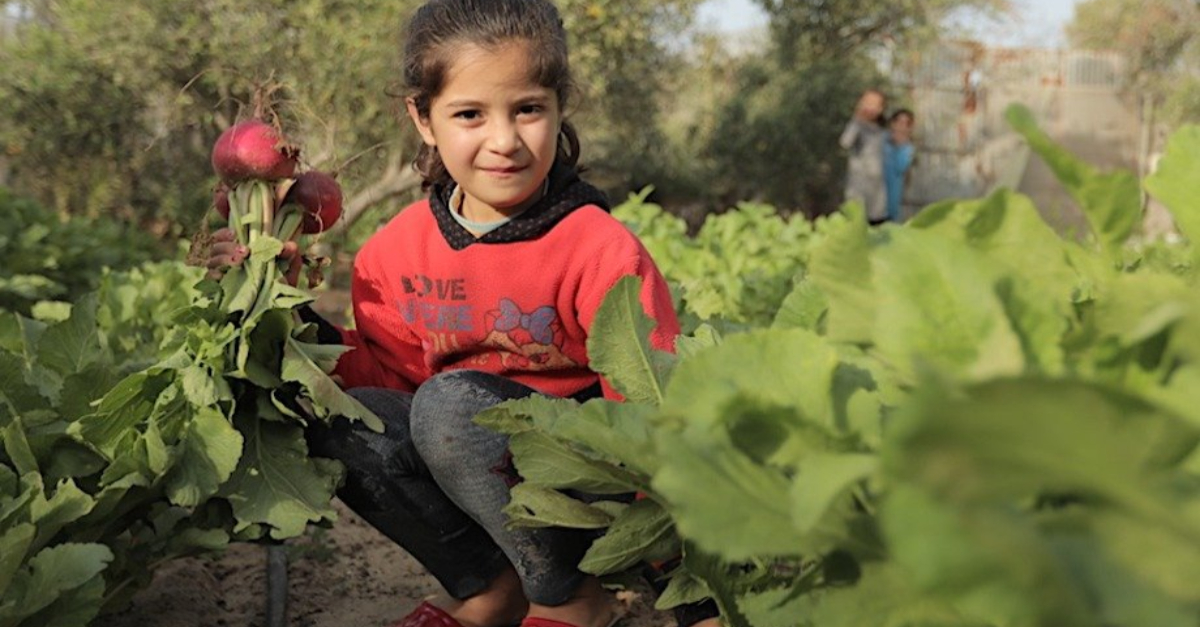
Alarmed by the predictions of global food shortages during the COVID-19 pandemic, Rebuilding Alliance launched new efforts to support Palestinian families during the pandemic and into the future. This nonprofit is giving families in Gaza and the West Bank gardening supplies or goats, chickens, and rabbits so they can produce their own food and start a home-based business. Not only is this a lifeline for families, but the local environment will also reap the benefits of more sustainable food production. Learn more
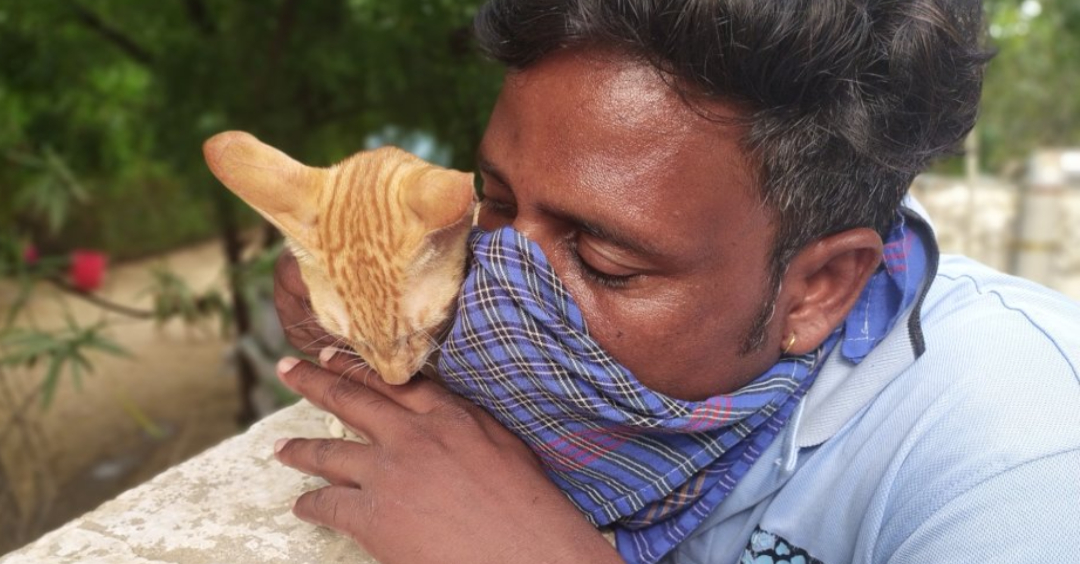
As India’s once-bustling city streets cleared out during one of the world’s strictest nationwide lockdowns, stray animals struggled to survive without their usual scraps of food from pedestrians. Tree of Life For Animals jumped into action and established a street feeding program to keep stray dogs and cows alive. Despite obstacles caused by the lockdown, the organization managed to respond to nearly 95% of the 3,495 animal rescue calls they received between March and June. Learn more.
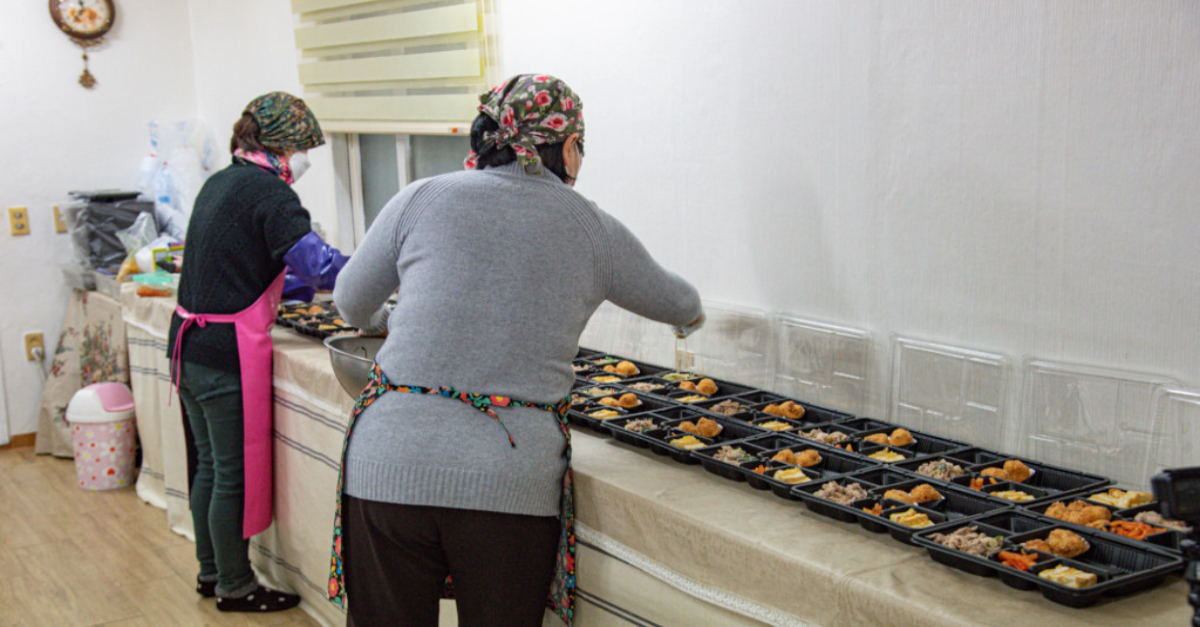
When nearly every restaurant in Daegu, South Korea closed due to the lockdown, A-PAD Korea paired up with local restaurant owners to prepare hot meals for children’s centers. The organization delivered meal boxes to 2,846 children who relied on their schools for meals or were unable to access food for other reasons related to COVID-19. By ordering students’ meals from local restaurants, the effort also brought economic relief to 67 business owners struggling to make it through the shutdown. Learn more.
Featured Photo: Beating COVID-19 through evidence-based science. by Asociacion Apadrina la Ciencia (Association Sponsor Science)
Find exactly what you're looking for in our Learn Library by searching for specific words or phrases related to the content you need.